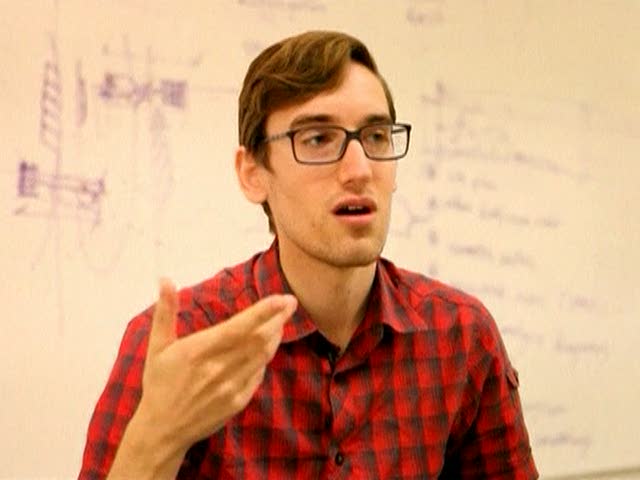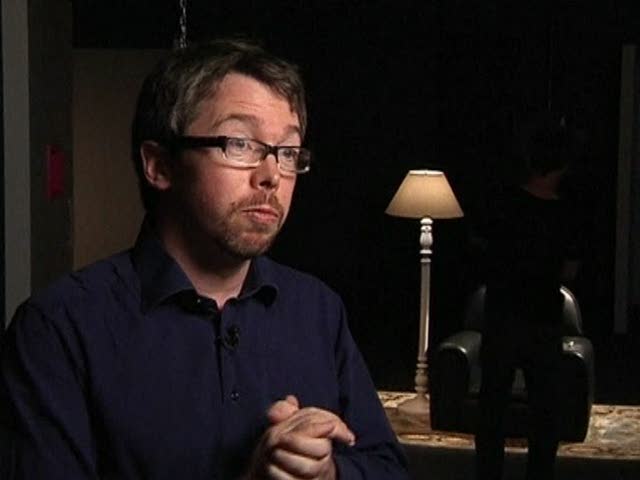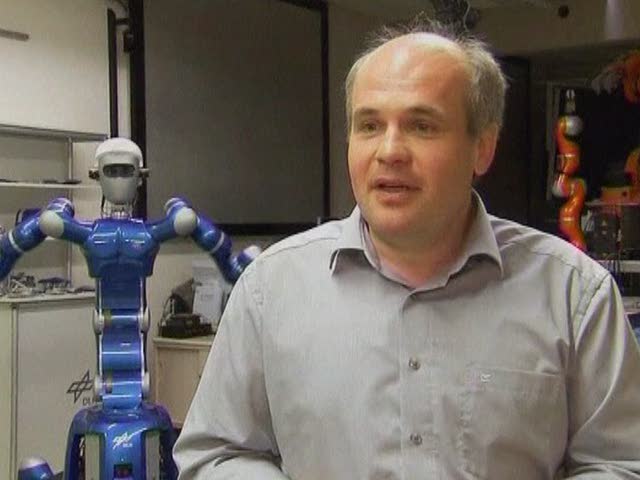SAP Labs Budapest to Employ Around 300 Highly Skilled Professionals for the Service Enablement and Continuing Innovation of the mySAP(TM) Supply Chain Management Solution
Published:
25 February 2005 y., Friday
SAP AG today announced that it will launch a new research and development (R&D) center in Hungary. Opening in May 2005 with an initial staff of 50 software developers, SAP Labs Budapest is projected to expand its workforce to approximately 300 by the end of 2006. As part of SAP's global development strategy in which each location has a clear focus and mission, the tenth SAP Labs center will be encharged with advancing SAP's supply chain management (SCM) applications. Leading the efforts at SAP Labs Budapest will be Albrecht Diener, senior vice president and head of Supply Chain Development, SAP AG. Laure Le Bars will serve as the center's managing director.
SAP Labs Budapest will be an integral part of SAP's global development network and its third European R&D center. In 2004, SAP invested more than one billion euros in R&D, approximately 70 percent of which in Europe. SAP Labs are created to distribute global development efforts and enable SAP to obtain the world's best IT experts and work closely with high-tech communities around the world. These centers of excellence are encharged with the mission of supporting local and global markets, developing first-class solutions, and driving innovation and competitive advantage for SAP, its customers and its partners.
Šaltinis:
PRNewswire-FirstCall via COMTEX
Copying, publishing, announcing any information from the News.lt portal without written permission of News.lt editorial office is prohibited.
The most popular articles

The European Commission announced today the award of three of the six contracts for the procurement of Galileo’s initial operational capability.
more »
 Researchers at MIT have re-created Italian ballet star Roberto Bolle in digital form to study the capabilities of motion technology. The scientists say that in the future, motion sensors and scanners will be able to find potential health problems before they become apparent to the naked eye.
more »
Researchers at MIT have re-created Italian ballet star Roberto Bolle in digital form to study the capabilities of motion technology. The scientists say that in the future, motion sensors and scanners will be able to find potential health problems before they become apparent to the naked eye.
more »
 A Japanese engineer researching how animals move is building a robot that can run like a human being. Ryuma Niyama is attempting to crack the code of human propulsion, an achievement he says will one day lead to more efficient prosthetics.
more »
A Japanese engineer researching how animals move is building a robot that can run like a human being. Ryuma Niyama is attempting to crack the code of human propulsion, an achievement he says will one day lead to more efficient prosthetics.
more »
 A three-dimensional computer generated film shows, for the first time, what happens in the brain as it loses consciousness.
more »
A three-dimensional computer generated film shows, for the first time, what happens in the brain as it loses consciousness.
more »
 The Swiss Solar Impulse takes off from Brussels for a flight to the International Paris Air Show.
more »
The Swiss Solar Impulse takes off from Brussels for a flight to the International Paris Air Show.
more »
 An exhibition which doubles as a huge, interactive science experiment has openend in New York.
more »
An exhibition which doubles as a huge, interactive science experiment has openend in New York.
more »
 German researchers hope that their coffee-making, ball catching robot named Justin, will become man's new best friend. Justin is being developed for use in space or in the home.
more »
German researchers hope that their coffee-making, ball catching robot named Justin, will become man's new best friend. Justin is being developed for use in space or in the home.
more »
 Japanese scientists are working on a project to supply 13,000 TW of solar energy with the help of robots stationed on the moon to receiving stations on the Earth’s surface.
more »
Japanese scientists are working on a project to supply 13,000 TW of solar energy with the help of robots stationed on the moon to receiving stations on the Earth’s surface.
more »
 The first question anyone asks when they meet me is: "What does a corporate anthropologist do?"...
more »
The first question anyone asks when they meet me is: "What does a corporate anthropologist do?"...
more »
 Scientists in New York have discovered that fly ash, a by-product of coal, can be used as an ingredient in a new, lightweight material that could one day replace heavy metals to make car parts.
more »
Scientists in New York have discovered that fly ash, a by-product of coal, can be used as an ingredient in a new, lightweight material that could one day replace heavy metals to make car parts.
more »
 Chicago's Adler Planetarium is about to open what it says is an immersive space experience like no other in the world. Called Deep Space Adventure, it will take passengers aboard a futuristic starship for a virtual tour of the Universe.
more »
Chicago's Adler Planetarium is about to open what it says is an immersive space experience like no other in the world. Called Deep Space Adventure, it will take passengers aboard a futuristic starship for a virtual tour of the Universe.
more »